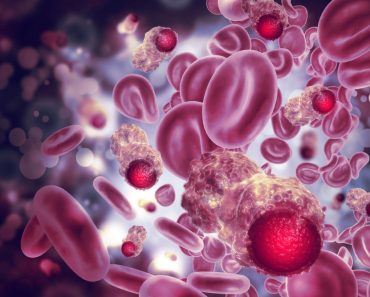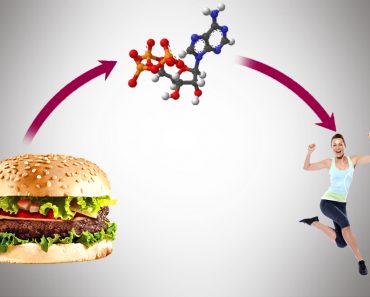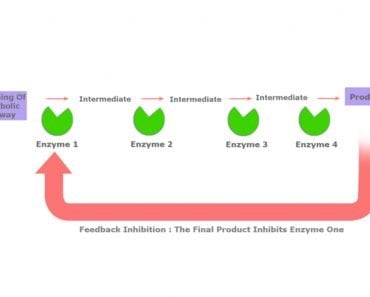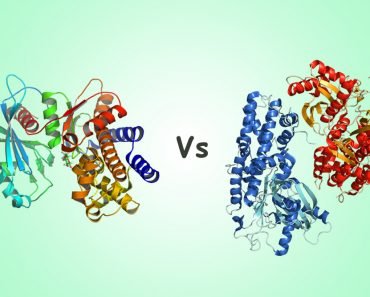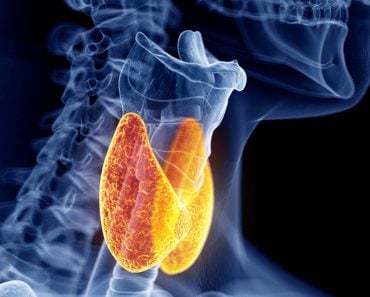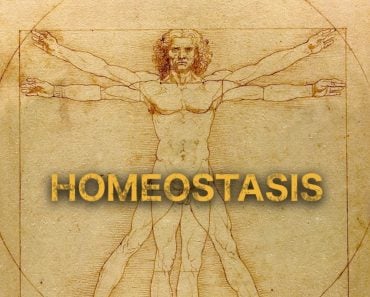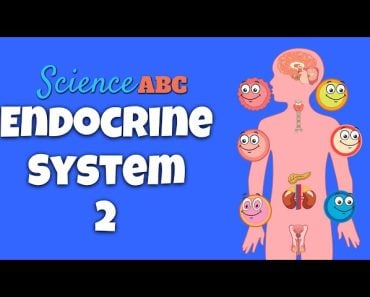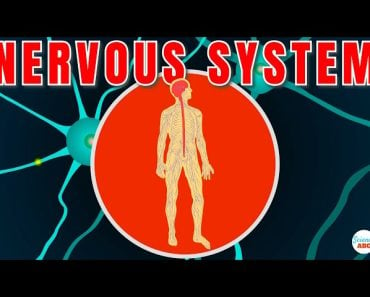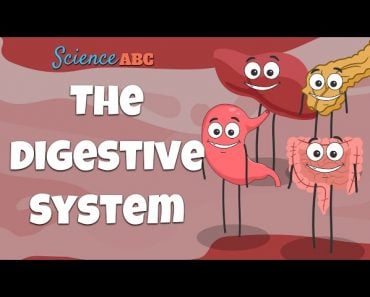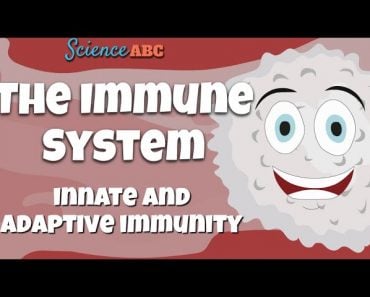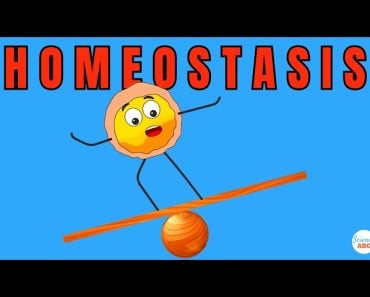Table of Contents (click to expand)
Hormones are also called chemical messengers of the body. They regulate various types of reactions in the body and this regulatory action could either be of activation or of inhibition. Enzymes are present in all life-forms ranging from viruses to humans. In humans, they catalyze a wide array of reactions right from metabolism to biosynthesis to detoxification.
The human body is complex machinery and though all seems quiet and calm on the outside, there are multiple physiological functions carried out every second of our existence. These functions are enabled by various chemical reactions in our body.
Think of the human body as a car and for a car to be in a functional, driveable state, various parts of the car need to be well oiled, lubricated and working in-tandem for us to be able to drive the care. The various chemical reactions in our body help us function in a similar fashion.
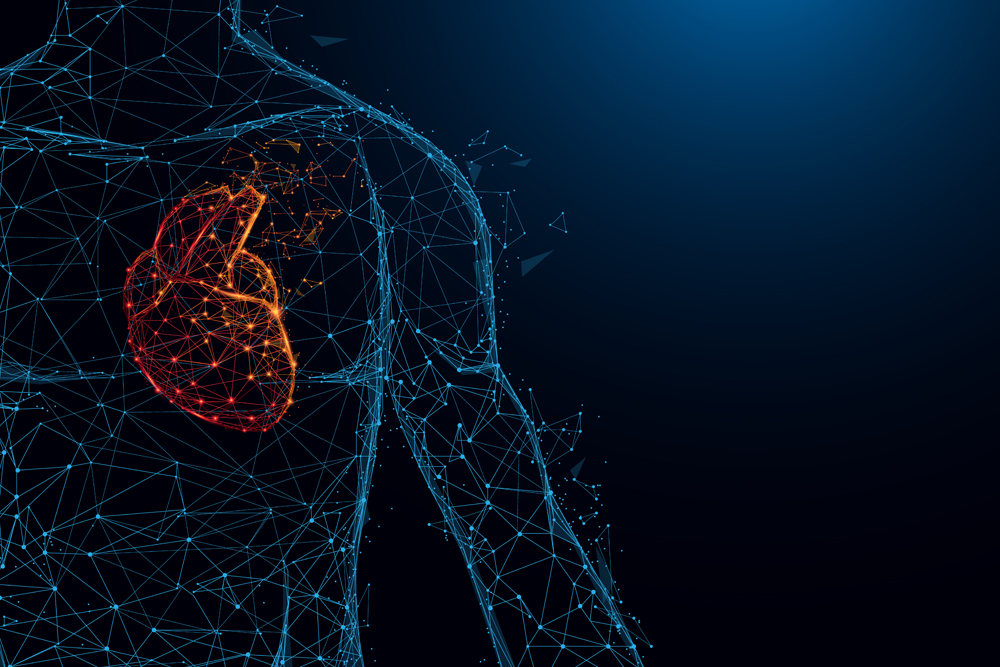
Most chemical reactions in our body, need a signal or a trigger for initiation or sometimes some reactions need to be inhibited and left to themselves, these reactions would occur at a very slow pace, hence substances to speed up these reactions are needed. The substances which trigger/inhibit/regulate the reactions are called hormones and the ones that speed up the reactions are called enzymes.
Recommended Video for you:
What Are Hormones?
Hormones are also called chemical messengers of the body. They regulate various types of reactions in the body and this regulatory action could either be of activation or of inhibition. Most hormones are secreted in the blood and circulate through the body coming in contact with all cells, but binding only to its designated target cells. Target cells have specific receptors for specific hormones which enables the binding of the hormone to the target cell. Rest of the cells that hormones come across while circulating remain unaffected.

This is very similar to you walking through a crowded station platform with thousands of people walking by, but the minute you come across someone you know, you tend to hug or shake hands with that person while the other unknown passersby continue to walk past you.
Activities Controlled By Hormones
Homeostasis – Hormones help regulate the body temperature, water and glucose balance in the body and this helps in maintaining the internal environment of the body.
Morphogenic activities – Hormones of the thyroid, pituitary glands, etc. control the growth, development, and differentiation of the tissues of the body.
Reproductive activities – Hormones play an important role in the formation of gametes and the development of secondary sexual characteristics. Examples of this are the male and female hormones – testosterone and progesterone. Progesterone in females helps in maturation of the ovum, implantation of the fertilized egg, sustenance of pregnancy, etc.
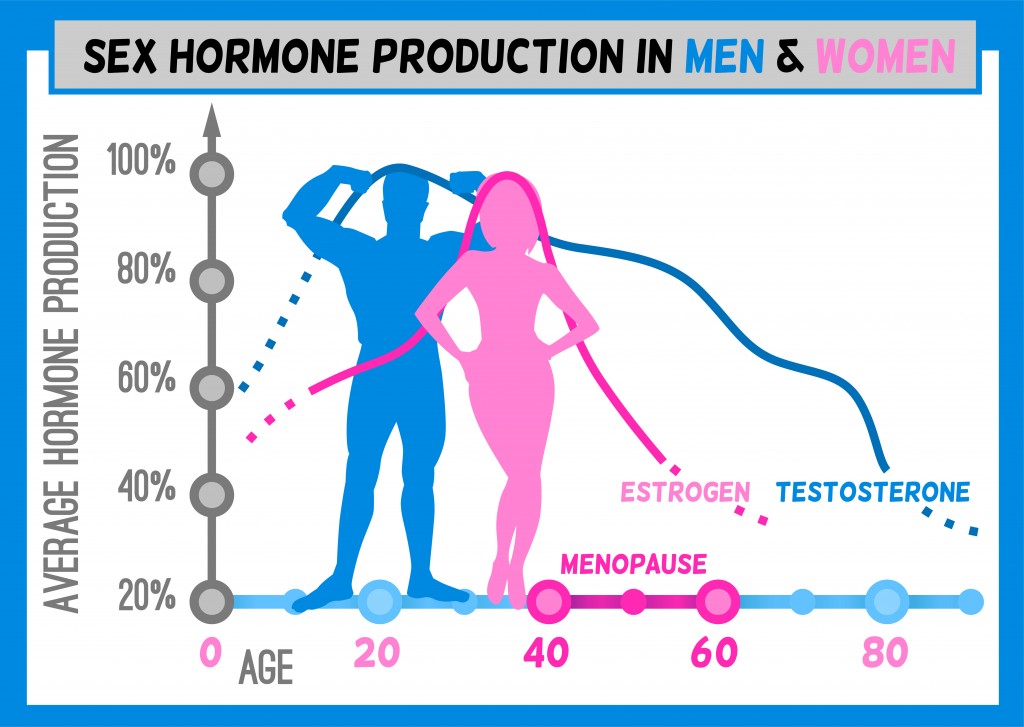
Testosterone in males is responsible for male characteristics like muscle bulk, facial hair, and maturation of sperms.
Metabolic activities – Certain hormones control the rate of basal metabolism.
Growth, maturation, and regeneration – Hormones regulate growth and in some animals regulate metamorphosis, moulting (shedding of hair and feathers) and diapause (a period of suspended development of an animal or an insect).
Hormones are needed in small quantities in our body, however, the excess or deficiency of hormones leads to a hormonal imbalance and disorders in the body.
What Are Enzymes?
Our life is sustained by numerous well orchestrated chemical reactions, many of which occur at a slow speed and hence nature has created these chemicals in our body called enzymes which act as catalysts and speed up these chemical reactions. Without enzymes as catalysts, these chemical reactions would be too slow to cope up with our needs.
Enzymes are present in all life-forms ranging from viruses to humans. In humans, they catalyze a wide array of reactions right from metabolism to biosynthesis to detoxification. In any given cell, several thousand enzymes are present, each meant for catalyzing specific reactions. The production of enzymes in terms of structure and the quantity of the enzymes is controlled by the cell’s DNA.
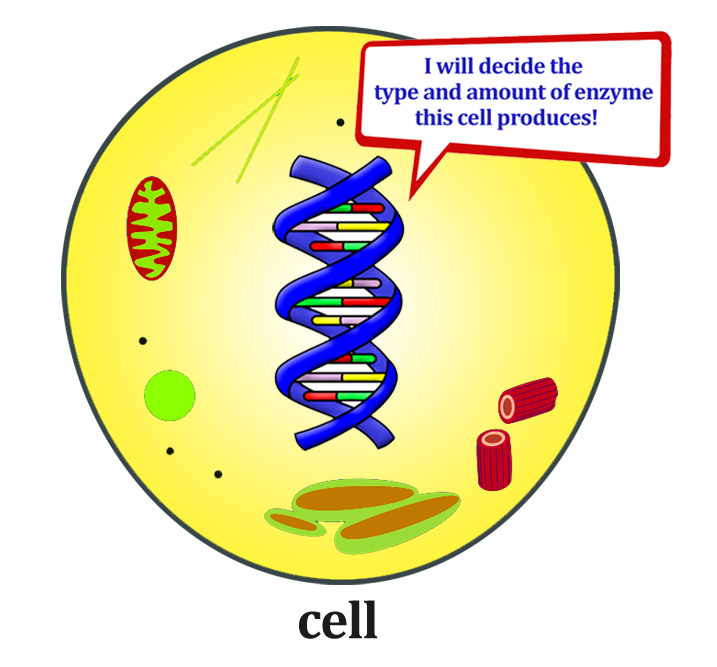 Hence, different cells in the same organism can produce different enzymes in the required quantities as per the demands of that particular cell. Enzymes aid digestion by helping the body break down large complex molecules like glucose into smaller units which can be utilized by the body. In the liver, enzymes help with the break down of toxins in the body. Many enzymes that are extracted from living organisms retain their catalytic properties and can be used for commercial purposes like manufacturing of bread, cheese, etc. They are also used in washing powders and cleaning products.
Hence, different cells in the same organism can produce different enzymes in the required quantities as per the demands of that particular cell. Enzymes aid digestion by helping the body break down large complex molecules like glucose into smaller units which can be utilized by the body. In the liver, enzymes help with the break down of toxins in the body. Many enzymes that are extracted from living organisms retain their catalytic properties and can be used for commercial purposes like manufacturing of bread, cheese, etc. They are also used in washing powders and cleaning products.
Differences Between Hormones And Enzymes
- For starters, all enzymes are proteins. That being said, all proteins not enzymes, the difference being that only enzymes possess catalytic properties. Hormones may be composed of proteins eg. antidiuretic hormone, amines eg. epinephrine or they may be composed of steroid eg. testosterone and estrogen.
- Enzymes by definition are biological catalysts, whereas hormones merely trigger or inhibit a reaction, with no effect on the rate at which the biological reaction progresses.
- The site of action for enzymes is usually the cell in which they are produced, whereas hormones are secreted by cells and carried elsewhere to the target organs via blood.
- Enzymes are giant molecules with a high molecular weight whereas hormones have a low molecular weight.
- Enzymes are unable to diffuse through cell membranes whereas hormones can easily diffuse through cell membranes.
- Since enzymes are catalysts, their chemical composition remains unchanged after a reaction and hence enzymes can be used again whereas hormones undergo a change in their chemical composition after participating in a chemical reaction and hence cannot be utilized again.
- Factors like age do not affect enzyme production, however, age-related milestones affect the production of hormones eg, puberty, menopause, etc.
- If the concentration of an enzyme increases, the reaction rate increases up to a certain limit, whereas an increase (excess) or decrease (deficiency) in hormone levels leads to metabolic disorders in our bodies.
Conclusion
Enzymes and hormones are essential chemicals needed by our bodies to perform various activities on a cellular level. Enzymes have known to be of commercial importance even outside of our bodies and hormones need to be present in our bodies in just the right amounts or else it’s metabolic havoc waiting to happen. Though both of them are regulatory in function, it is important to understand each one of them individually to be able to appreciate the differences between hormones and enzymes.

